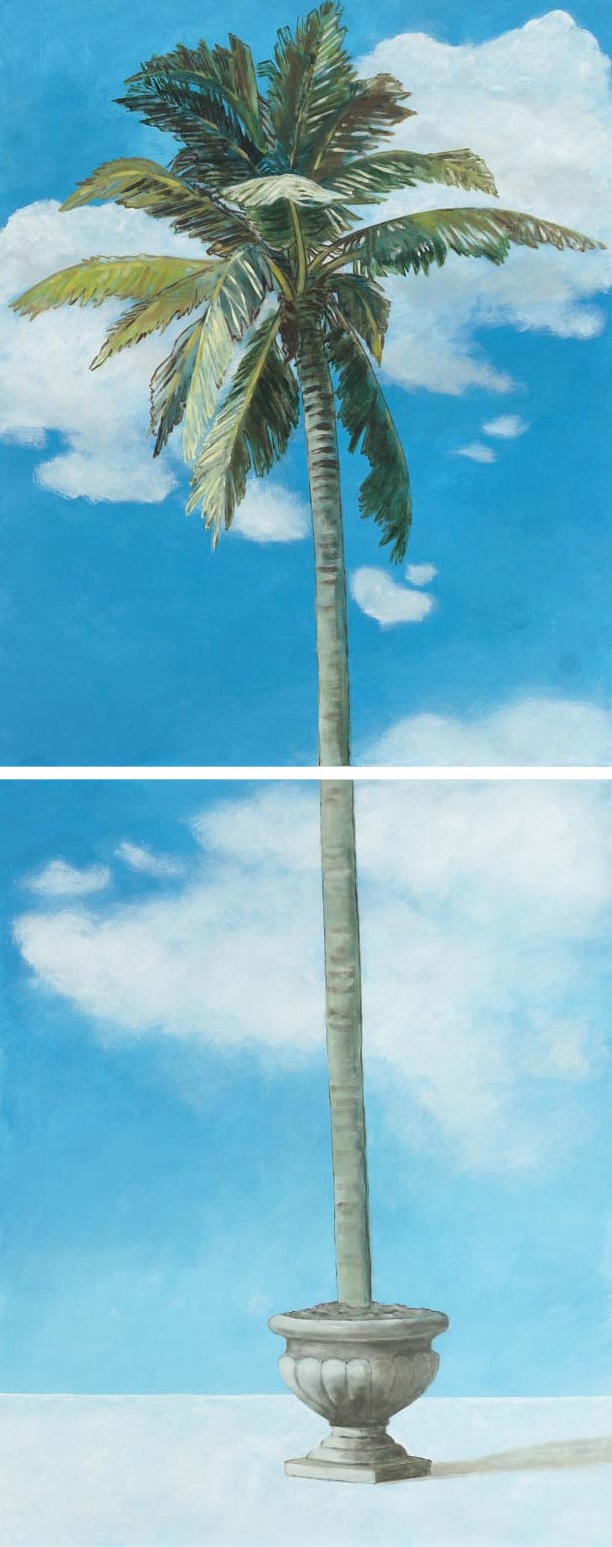Living in the Telling
Indigenous Storytelling of Post–COVID Desires for Academia
DOI:
https://doi.org/10.18432/ari29739Keywords:
Indigenous, storytelling, storying, storywork, poetry, sensory ethnographyAbstract
Stories provide listeners or readers a doorway to understand the storyteller’s context and live in the telling. We, as Māori Indigenous scholars (doctoral students, researchers, and academics), bring together our stories, in the forms of creative nonfiction and poetry located in Aotearoa New Zealand and Te Whenua Moemoeā Australia, to tell the ways we navigate colonial spaces while also imagining our desired future. Centring Indigenous storytelling methods and sensory ethnography, we bring together the interrelatedness that situates our stories across time and place. The next wave of Indigenous researchers will be stepping into these spaces that we now walk, so it is timely and crucial that we find creative ways to provide clearer direction for them. We tell our stories in this paper as an act of hope that our stories might spark a fire in the reader’s heart to also tell theirs.
Downloads
Published
How to Cite
Issue
Section
License
Copyright (c) 2024 Hine Funaki-Cole, Liana MacDonald, Johanna Knox, Daniel McKinnon

This work is licensed under a Creative Commons Attribution-NonCommercial-NoDerivatives 4.0 International License.
Authors who publish with Art/Research International agree to the following terms:
a. Authors retain copyright and grant the journal right of first publication and the right to sublicense the Contribution, in the form in which it is published by the journal, to others under the terms and conditions of the of the Creative Commons Attribution-NonCommercial-NoDerivs (CC BY-NC-ND) that allows others to download the work and share the work with others with an acknowledgement of the work's authorship and initial publication in this journal, but they cannot change the work in any way or use any part of the work commercially.
b. Authors are able to enter into separate, additional contractual arrangements for the non-exclusive public distribution and display of the journal's published version of the work (e.g., post it to an institutional repository or publish it in a book), with an acknowledgement of its initial publication in this journal.
c. Authors are permitted and encouraged to post their work online (e.g., in institutional repositories or on their website) prior to and during the submission process, as it can lead to productive exchanges, as well as earlier and greater citation of published work (See The Effect of Open Access).
d. Authors wishing to include items (such as images or other media, or any creative works of others whether previously published or not) must contact the original copyright holder to obtain explicit permission to publish these items in Art/Research International. Writing permission should include: the title(s) of any copyrighted work, original place of publication if applicable, and an acknowledgement of having read Art/Research International's copyright notice. Authors are responsible for obtaining this permission and keeping it in their own records for later verification.



